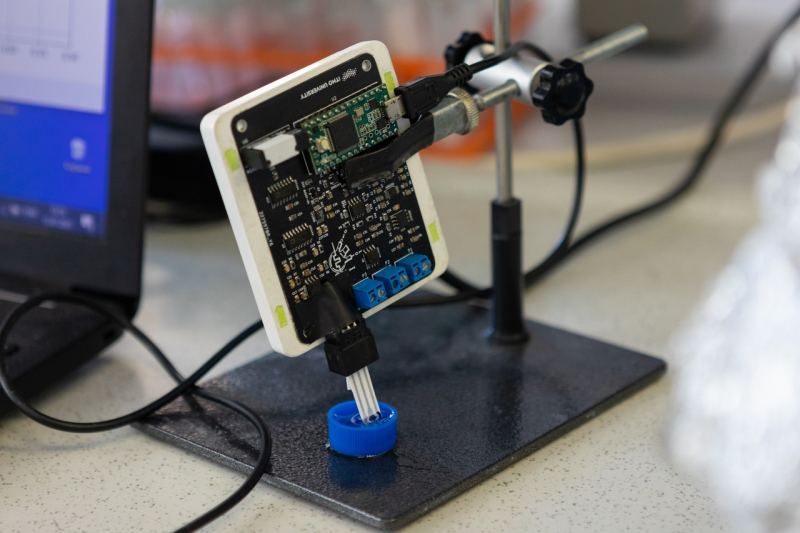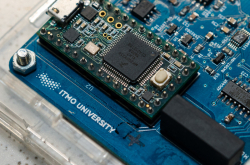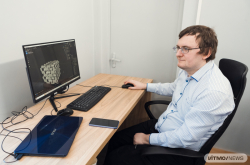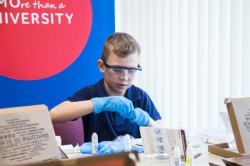As of now, the demand for various rapid tests is growing throughout the world. Doctors need them to quickly diagnose patients, they are essential in various industries for quality control, and they are used by scientists for the purposes of getting data on test subjects in real time mode. But not all tests can be done quickly enough using the existing devices.
“Glucose meters are a common thing,” says Ekaterina Skorb, head of the Infochemistry Scientific Center. “They can be used to quickly get data on blood glucose level. But the range of other portable devices for measuring the concentration of other substances, for example zinc or copper ions, is limited.”
As of today, ITMO’s scientists are working on an all-purpose electrochemical testing platform that will serve as a basis for creating devices that can measure the concentration of various particles: metal ions, viruses, antibodies, DNA and RNA fragments, and so on. For instance, the researchers are working with the research team of Anatoly Skalny, who studies the influence of various substances on human health and the correlations between the insufficiency of specific particles and various diseases.
COVID-19 and zinc
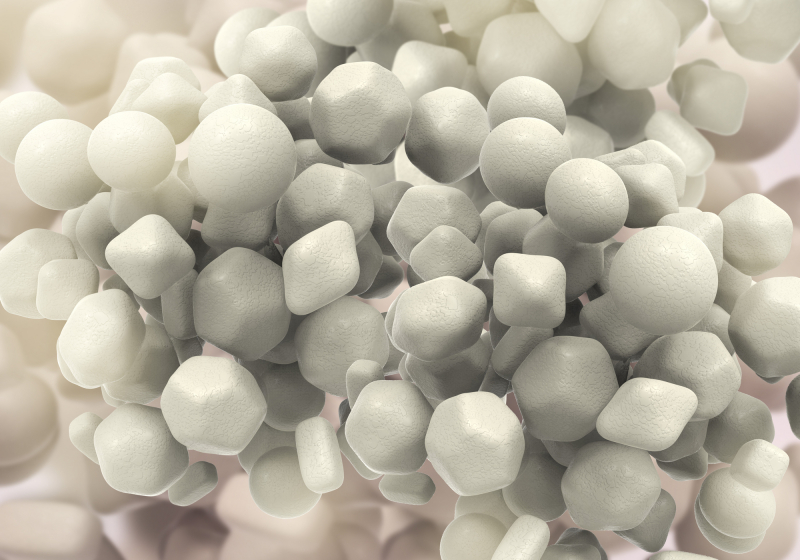
Zinc oxide nanoparticles. Credit: depositphotos.com
Each group of students and young scientists at the Infochemistry Scientific Center works on a specific application of the all-purpose testing platform. For example, during the first wave of the pandemic, the center’s team proposed a new approach to the detection of antibodies and antigens to SARS-CoV-2, the virus that causes COVID-19.
“Classical tests focus on detecting specific antibodies and antigens,” explains professor Skorb. “In collaboration with the Chumakov Federal Scientific Center for Research and Development of Immune-and-Biological Products of Russian Academy of Sciences, we are working on tests that would detect a whole range of them. As of now, there’s no counterpart to such a system.”
Unfortunately, the system is yet to be mass produced. But it was already used in another COVID-19-associated research.
“We tested the hypothesis that people who have a more severe course of COVID-19 have a zinc deficiency,'' notes Ekaterina Skorb. “Scientists conducted a lot of tests, measuring zinc concentrations in blood, urine, and hair. Based on this study, they prepared a great article on this topic and are now organizing mass production of devices that can help test for this condition.”
Other applications
Ekaterina Skorb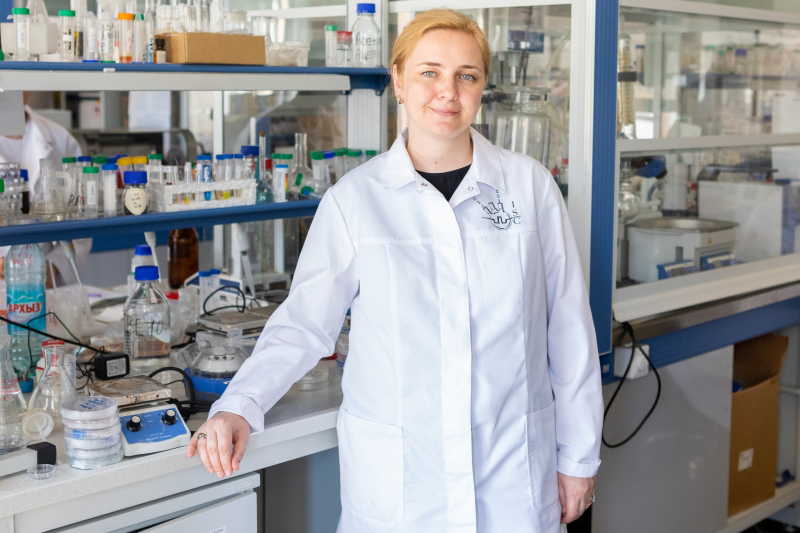
Corona-related studies are only one of the possible applications of the new platform. The scientists are also working on smart fibers that can be introduced into fabric to test the fluid and electrolyte balance of a person who wears it.
“Just imagine: during football training sessions, coaches will have the chance to monitor the players’ conditions in real time mode,” comments Ekaterina Skorb.
Another field of interest is the development of “molecular passports” that make use of rapid tests and can be implemented in the food industry and agriculture. One of the center’s teams is currently working on a major project focusing on cow milk quality control. They are gathering a database that will help detect four groups of antibiotics. In the future, such databases will help detect traces of antibiotics during automated milking.
The center’s specialists are also developing software, including a mobile app that will help upload test results to a cloud and store relevant data like who conducted the test, where, when, and with what results. The platform is designed to be easily integrated with local information systems.
